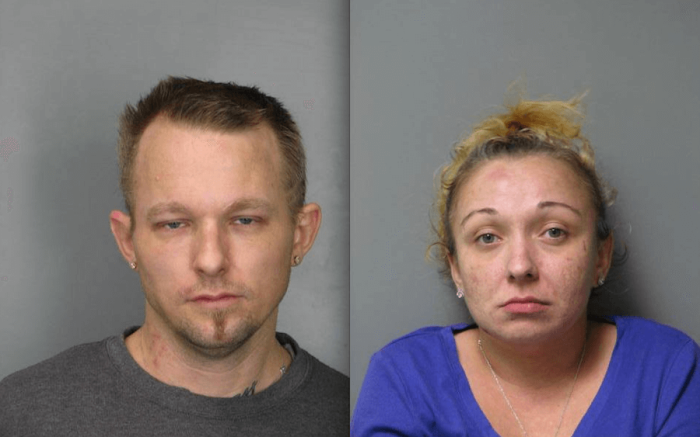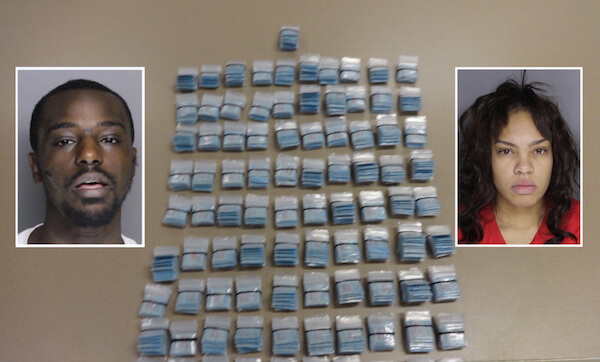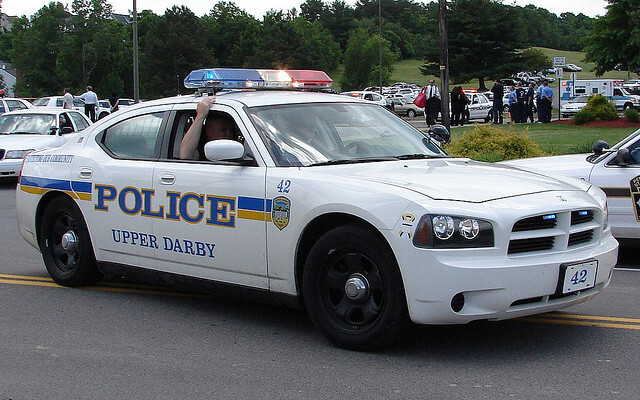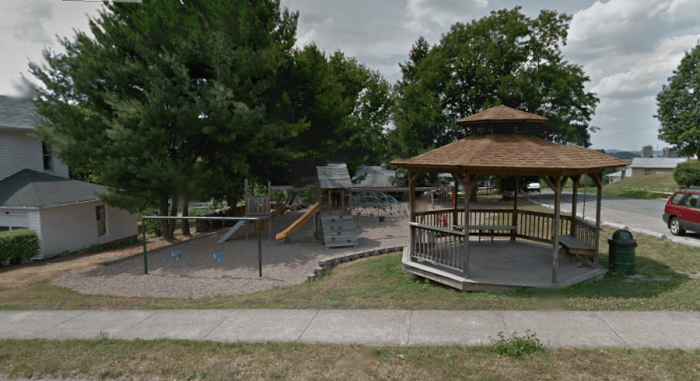Supervised injection sites— government-funded sites where heroin users can shoot up in a safe, clean environment — are controversial solutions to drug epidemics, but might be the answer to Philadelphia’s heroin crisis. That’s the position of an online petition, which urges Mayor Jim Kenney and the city’s Opioid Task Force to open such a facility in Philadelphia, where 900 people died of opiate overdose alone in 2016. “We need safe, supervised injection clinics to get needles off our streets, to alleviate the stress on law enforcement and hospitals and, most importantly, to save lives,” the petition, launched two weeks ago on Change.org, says. RELATED: Mayor’s proposed city budget includes cash to fight opioid addiction Created by Dan Martino, a member of the Philadelphia Opioid Prevention Initiative, the petition seeks to build a location where users can self-inject in a medically supervised, sterile environment. While users would have access to clean needles in stress-free environments, supervised injection clinics would also connect drug users to rehabilitation resources and counseling. These facilities have been proven to increase public safety, as well as reduce risk behaviors that contribute to the spread of HIV and Hepatitis C, like syringe sharing and unprotected sex, according to the Drug Policy Alliance. Safe injection facilities (SIFs) can also result in cost savings for a city by reducing disease, overdose deaths and emergency medical services.
RELATED: Dealer who sold fatal fentanyl dose sentenced to upwards of 30 years There are approximately 100 SIFs in at least 66 cities around the world, but none in the United States. Earlier this year, Seattle approved plans for two such facilities, whichwould also be stocked with naloxone, an anti-overdose drug. Critics of SIFs, however, say they encourage and enable drug use, despite not actually supplying any drugs. Primarily, they don’t want to see government dollars spent on facilitating drug use, which could send a mixed message to young people. In 2003, Insite, the first SIF in North America, opened in Vancouver. Since its opening, Insite has seen more than 40,000 clinical visits, and nearly 5,000 overdoses — andno deaths.
RELATED: Deadly US heroin overdoses quadrupled in five years: Study Its operational budget for the most recent fiscal yearwas just shy of $3 million.
While Philadelphia has no plans to create such a facility, Kenney has sent a clear message that combating heroin abuse is a priority of his administration.
In his proposed budget unveiled Thursday, the mayor earmarked $1.9 million for fighting opioid addiction, which would include distributing naloxone and increasing public awareness about the problem.
Can clean injection clinics solve Philly’s heroin crisis?

Metro file photo



























